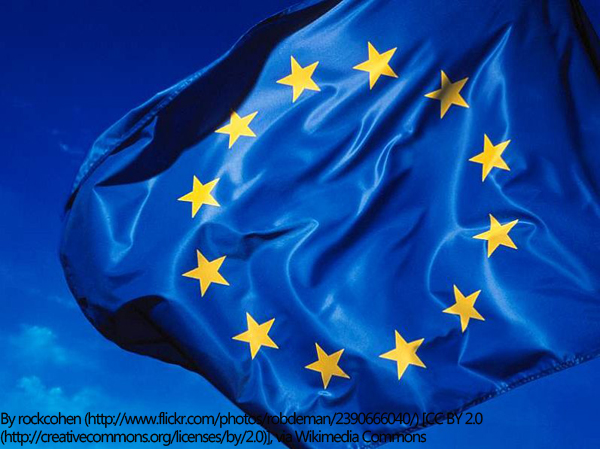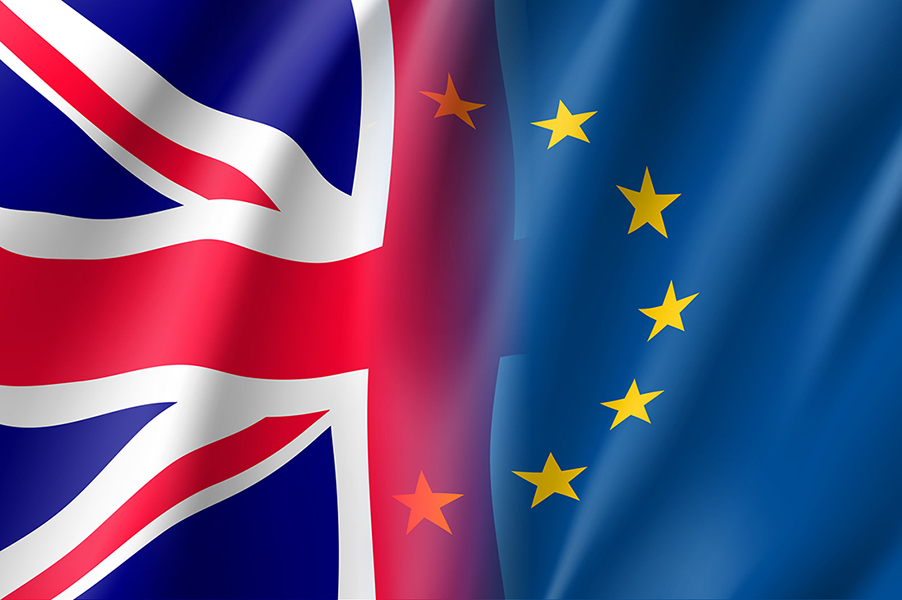The countdown for Brexit has reached its 10-week mark. This past week has been a whirlwind for the British government. Here’s a recap of what’s been going on.
The vote on the Brexit plan was originally scheduled for December 11, but British Prime Minister, Theresa May postponed it the day before knowing the plan would be rejected. In less than a month, however, the outcome did not change.
On January 15, 2019, May’s Brexit plan was viciously rejected by the House of Commons by 230 votes – losing by the largest margin in history. If that 432-202 loss weren’t enough, opposition leader Jeremy Corbyn called for a vote of no confidence the next day. In other words, it was up to those same Members of Parliament (MPs) to decide if May is fit to negotiate another deal with the European Union (EU).
May survived the confidence vote, 325-306, giving her a second chance to come up with a more agreeable plan.
Bracing for the Worst
The result of Tuesday’s vote leaves the pharmaceutical industry uncertain as ever.
“The proposed withdrawal agreement and political declaration would have provided greater certainty and time to prepare,”a spokesperson for GlaxoSmithKline wrote in an email to BioPharmaDive.
For months, pharmaceutical companies, lobbying groups and regulatory bodies in the United Kingdom (UK) have been preparing for a no-deal Brexit.
“The focus of pharmaceutical companies is on making sure that medicines and vaccines get to patients whatever the Brexit outcome,” said Mike Thompson, CEO of The Association of the British Pharmaceutical Industry.
Among chief concerns are a shortage of life-saving medicines, vaccines and medical devices that would be delayed at the border. In response, drug companies have been stockpiling these and carving out alternative routes to the UK.
RELATED VITALS: How a No-Deal Brexit Could Impact the Flow of Pharmaceuticals in the UK
Novo Nordisk, the biggest supplier of insulin to the UK, is making reservations on airplanes to transport vials of this life-saving biologic to diabetic patients.
However, drugs with short shelf-lives or with specific storage requirements cannot be kept indefinitely.
Pharma companies are allegedly taking other precautions like transferring product testing licenses and changing clinical trial procedures.
It appears that the pharmaceutical industry has little faith in the Brexit deal. A survey of life science professionals conducted by the Ethical Medicines Industry Group (EMIG) revealed some interesting results. Seventy-three percent of those surveyed had little or no confidence that the government will obtain a good deal for the UK pharma industry. After this week’s events, these results are not surprising.
With Brexit looming in merely 71 days, the Director General of European Federation of Pharmaceutical Industries and Associations, Nathalie Moll, urges policymakers to put politics aside and focus our attention on patients.
“We, along with many others in the healthcare community and across the life sciences sector, believe that an explicit commitment to securing long-term, extensive cooperation around the regulation of medicines and medical technologies is in the best interests of patients and public health,” she said.
What’s next?
According to CNN, the British government will enter “cross-party discussions” to come up with a new Brexit plan. On Monday, May is scheduled to return to the House of Commons with a plan on how she intends to move forward.
“Our industry has been asking for what will work for patients, healthcare and the economy and now is the time for a degree of certainty,” said Leslie Galloway, Chair of EMIG.
The pharmaceutical industry won’t be the only one that suffers in the event of a no-deal Brexit. Experts cite that the problems faced in medicine by a no-deal Brexit will also affect the food industry, among others, sending businesses into a frenzy to cope with higher tariffs, product shortages and job cuts.












Join or login to leave a comment
JOIN LOGIN